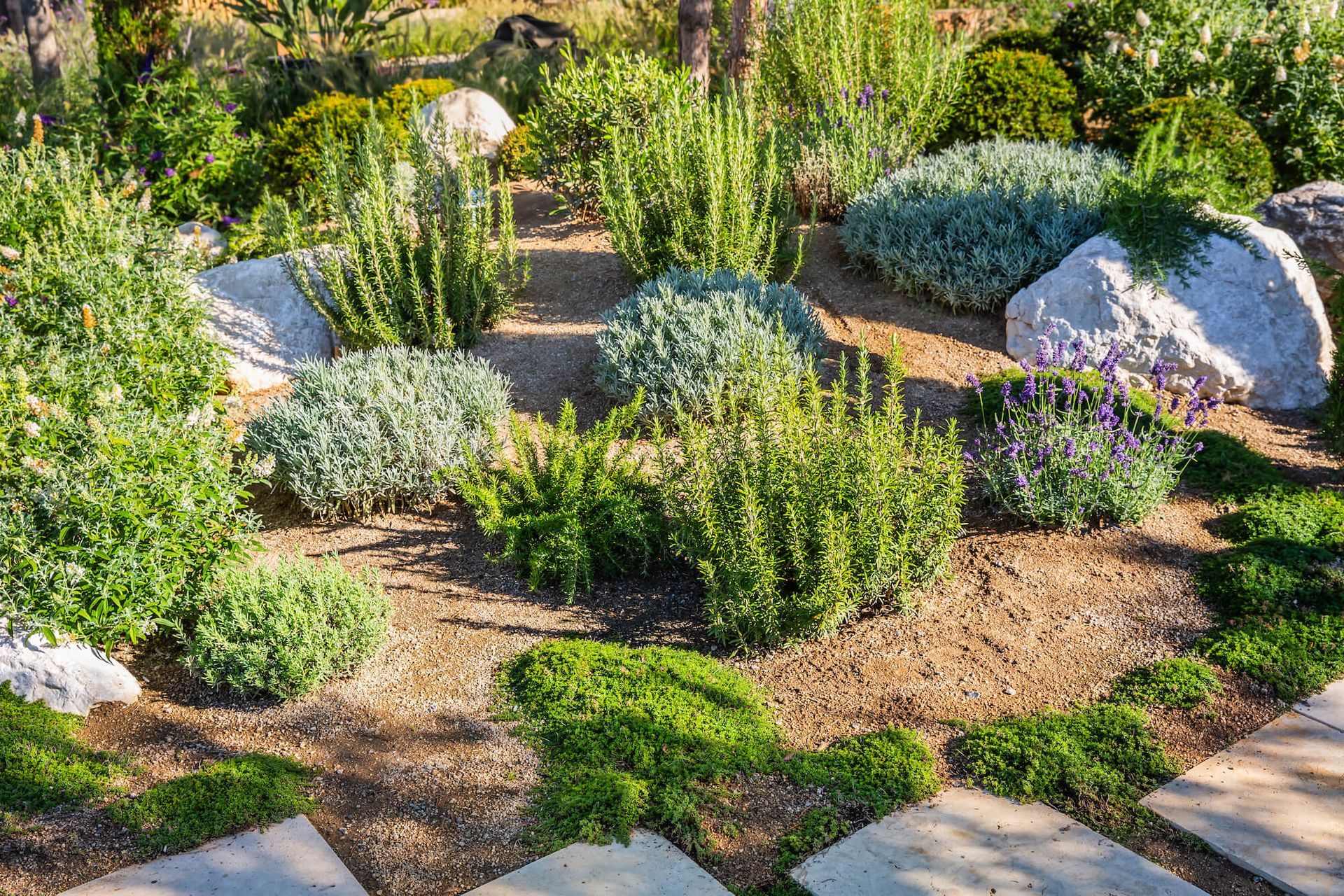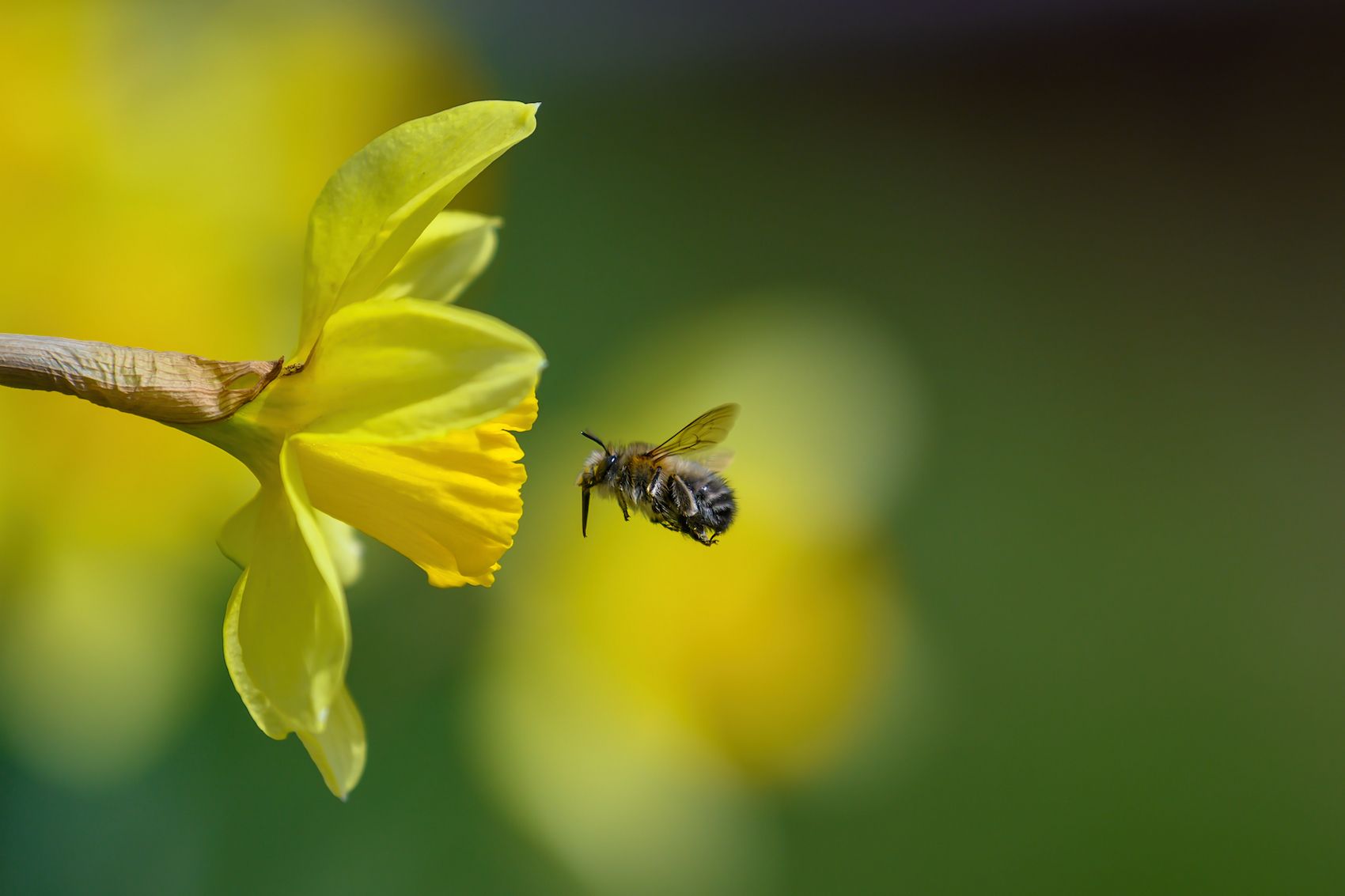Fertilization & Pest Control
Applying fertilizers, herbicides, and pesticides as needed to promote plant growth and health while controlling pests and diseases. We use high-quality systemic and organic products in alignment with your needs and wishes, including bee and beneficial-friendly solutions.
Pest and insect control in a bee-friendly environment involves a delicate balance between managing pests that may pose a threat to plants and minimizing harm to beneficial pollinators such as bees. Here's how pest and insect control can be implemented in a manner that prioritizes the protection of bees and other pollinators:
- Integrated Pest Management (IPM): Adopting an IPM approach emphasizes the use of environmentally friendly and sustainable pest control methods that minimize the use of chemical pesticides. IPM strategies focus on prevention, monitoring, and targeted interventions to manage pest populations while minimizing harm to beneficial insects such as bees.
- Selective Pesticide Use: When chemical pesticides are necessary, selecting pesticides with low toxicity to bees and applying them judiciously during times when bees are least active can help minimize exposure and reduce the risk of harm. Using targeted treatments that focus on specific pest species while avoiding broad-spectrum pesticides can also help protect bees.
- Natural Predators and Biological Controls: Encouraging natural predators such as ladybugs, lacewings, and predatory mites can help control pest populations naturally without harming bees. Introducing biological controls such as beneficial nematodes or microbial agents that target specific pests can also be effective in managing pest infestations while minimizing harm to bees.
- Habitat Enhancement: Creating bee-friendly habitats with diverse plantings, native flowers, and flowering shrubs provides essential forage and nesting sites for bees, supporting healthy bee populations and enhancing pollination services. Maintaining a diverse and abundant food supply throughout the growing season ensures that bees have access to nutritious pollen and nectar sources.
- Education and Awareness: Educating gardeners, landscapers, and homeowners about the importance of bees and the potential risks of pesticide use helps raise awareness and promote bee-friendly practices. Providing information on alternative pest control methods, bee-friendly plants, and habitat enhancement measures empowers individuals to make informed choices that support bee health and conservation.
By implementing bee-friendly pest and insect control practices that prioritize the protection of bees and other pollinators, we can create a healthier and more sustainable environment for both humans and wildlife. With careful planning, education, and cooperation, we can effectively manage pests while safeguarding the invaluable services provided by bees in pollinating our crops and sustaining biodiversity.

Contact Us

Bee-Friendly Pest Control

Maintaining a bee-friendly yard holds profound significance for both the environment and human society. By cultivating an environment that nurtures and sustains bee populations, individuals contribute to the intricate web of life upon which ecosystems depend. Bees, as primary pollinators, play a pivotal role in the reproduction of flowering plants, including many of the crops vital for human consumption. Without bees, the pollination process falters, jeopardizing food security, agricultural productivity, and ecosystem stability.
In addition to their instrumental role in pollination, bees serve as key indicators of environmental health. Their declines signal broader ecological imbalances, such as habitat loss, pesticide exposure, and climate change. Thus, a bee-friendly yard not only supports bee populations but also reflects a commitment to nurturing healthy ecosystems and mitigating environmental stressors.
Furthermore, fostering a bee-friendly yard promotes biodiversity and enhances the aesthetic appeal of outdoor spaces. Diverse plantings not only provide essential forage for bees but also create habitat for a multitude of other wildlife species. Vibrant and biodiverse landscapes contribute to the beauty, resilience, and vitality of communities, enriching the lives of residents and fostering a deeper connection to the natural world.